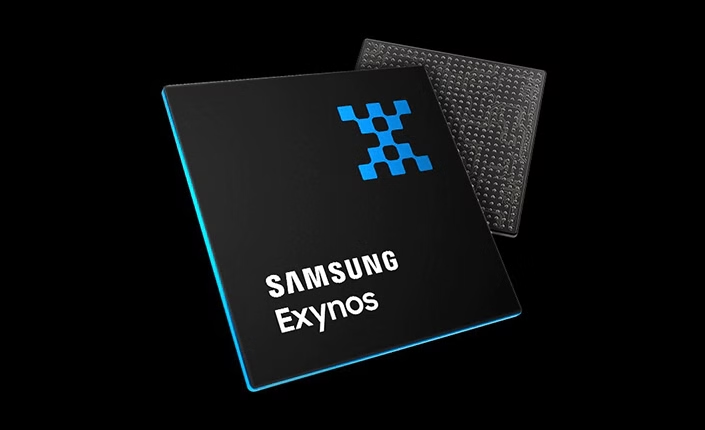Samsung is in a unique position, as one of the few major smartphone OEMs to also have its own chip brand—the others are Huawei, Apple, and Google. While the other companies pretty much exclusively stick to their own chips, Samsung doesn’t. That’s likely a consequence of having a smartphone portfolio as large as its own.
Samsung has always tried to push its flagship Exynos chips into its flagship devices, even resorting to a region-based system that was much hated. While some Galaxy S generations have escaped Exynos, Samsung isn’t ready to give up. Yield issues stopped the Exynos 2500 from powering the S25 family, but it seems it is unavoidable for the S26.
The Samsung Galaxy S26 Will “Definitely” Use Exynos Chips


Samsung really wanted us all to use an Exynos SoC in the Galaxy S25 series that launched earlier this year. The only reason that that didn’t happen, however, is because the South Korean OEM was facing issues with yield. They weren’t able to produce as many of the chips as they wanted, and that made it an unreliable choice for a highly popular device like the S25. As a result, it settled with the Snapdragon 8 Elite worldwide.
It isn’t quite certain, though, whether they would have made the S25 family exclusively Exynos or gone for a region-based split. What does seem to be certain, if we can take the words of tipster @Jukanlosreve to heart, is that the Galaxy S26 will “definitely” be using Exynos chips.
He mentions that the chip volume will be limited, which should be enough to conclude that it isn’t going to be the sole chip option for the family. Some regions will likely get whatever Qualcomm has cooking next. There’s also a mention of a similarity to the Exynos 990 situation, though I’m not quite sure exactly what that might be referring to. It wasn’t the best chip in terms of thermals, but that isn’t related to chip volume.
The Exynos 2600 Could Be One of the First Major 2nm Chips to Market
The Samsung Exynos 2400 chip was built using a 4nm process. The Exynos 2500 is built on a 3nm process, though it has yet to be used in any smartphones. The Exynos 2600 is next up, and it looks like Samsung is planning to fabricate the chip on its Samsung SF2 node. For full reference, that’s a 2nm process, and if Samsung can actually execute its plan, it could have one of the first (if not the first) 2nm smartphone chips in the market.


With the SF2 process, the chip is expected to have 12% improved performance, 25% better power efficiency, and to be 5% smaller than a chip built on the SF3 process (like the Exynos 2500).
As long as the OEM can deliver in terms of performance, I think most consumers will get over their obsession with the Snapdragon name. I’m not opposed to using a MediaTek or Exynos chip in my daily driver, as long as it doesn’t provide me with a notably worse experience in performance, thermals, or efficiency.










